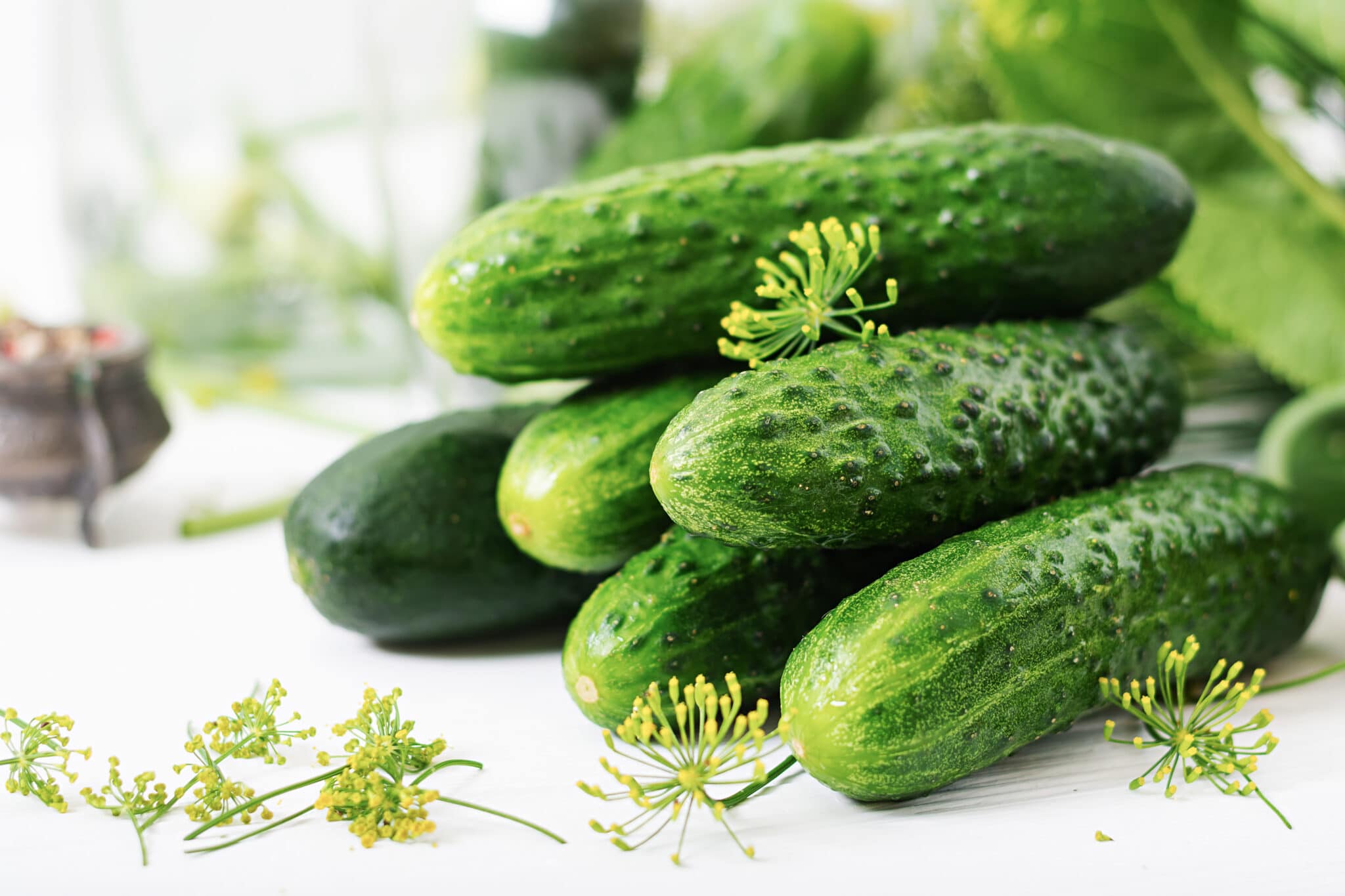

Articles
How To Store Fresh Picked Cucumbers
Modified: December 7, 2023
Learn effective methods for storing and preserving freshly picked cucumbers with our informative articles. Keep your cucumbers fresh for longer with our expert tips and tricks.
(Many of the links in this article redirect to a specific reviewed product. Your purchase of these products through affiliate links helps to generate commission for Storables.com, at no extra cost. Learn more)
Introduction
Freshly picked cucumbers are a delightful addition to any meal or snack. These crisp and refreshing vegetables not only provide a burst of flavor, but they also offer numerous health benefits. However, once you’ve harvested or purchased an abundance of cucumbers, you may find yourself wondering how best to store them to maintain their freshness and quality.
In this article, we will explore various methods for storing fresh-picked cucumbers to help you extend their shelf life and enjoy them for longer periods. Whether you prefer to store them in the refrigerator, pantry, freezer, or even pickle them, we’ll provide you with practical tips and guidelines to ensure the cucumbers stay delicious and ready for consumption.
Let’s dive into the world of cucumber storage and discover the best ways to keep these crunchy delights fresh and flavorful!
Key Takeaways:
- Properly storing fresh-picked cucumbers in the refrigerator, pantry, freezer, or through pickling methods can help maintain their crispness, flavor, and nutritional benefits, allowing you to enjoy them for longer periods while minimizing waste.
- Choosing the right cucumbers, preparing them carefully, and following storage guidelines such as avoiding ethylene-producing fruits, regular inspection for spoilage, and considering canning or preserving methods can help maximize the freshness and quality of fresh-picked cucumbers, ensuring they remain a delightful addition to your meals and snacks.
Read more: How To Store Fresh Picked Lettuce
Benefits of Fresh Picked Cucumbers
Freshly picked cucumbers offer an array of benefits that make them a valuable addition to your diet. These versatile vegetables are not only low in calories but also packed with essential nutrients. Here are some of the benefits you can enjoy when you incorporate fresh cucumbers into your meals:
- Hydration: Cucumbers are composed mostly of water, making them an excellent hydrating food. Eating cucumbers helps replenish your body’s water content, promoting healthy skin, proper digestion, and overall well-being.
- Nutrient-Rich: Cucumbers are a good source of vitamins and minerals. They contain vitamin K, vitamin C, potassium, and manganese, to name a few. These nutrients are vital for maintaining optimal health, supporting immune function, and promoting healthy bones and connective tissues.
- Antioxidant Power: Cucumbers are rich in antioxidants, including flavonoids and tannins. These compounds help protect your body against harmful free radicals, reducing the risk of chronic diseases and supporting a healthy immune system.
- Weight Management: With their high water and fiber content, cucumbers are incredibly low in calories, making them an excellent choice for weight management. They help keep you feeling full and satisfied while providing essential nutrients.
- Heart Health: Cucumbers contain compounds like lignans and cucurbitacins, which have been associated with potential heart health benefits. They may help lower blood pressure, reduce the risk of heart disease, and promote a healthy cardiovascular system.
- Digestive Health: Cucumbers are a good source of dietary fiber, which aids in digestion and promotes regular bowel movements. They can help alleviate constipation and support a healthy digestive system.
- Skin and Hair Health: The high water content in cucumbers helps hydrate the skin, keeping it moisturized and promoting a healthy complexion. Cucumbers also contain silica, a mineral that supports strong and glossy hair.
With their refreshing crunch and incredible health benefits, it’s no wonder why cucumbers are a favorite vegetable for many. Now, let’s explore how to choose the right cucumbers for storage to ensure you get the best quality and flavor.
Choosing the Right Cucumbers for Storage
When it comes to storing cucumbers, selecting the right ones is essential for ensuring optimal quality and longevity. Here are some tips to help you choose the best cucumbers for storage:
- Freshness: Look for cucumbers that are firm and have a vibrant green color. Avoid cucumbers that are soft or have wrinkled skin, as these are signs of spoilage.
- Size: Choose cucumbers that are medium to large in size. While smaller cucumbers may be cute, they tend to have more seeds and a shorter shelf life.
- Texture: Opt for cucumbers with a smooth and uniform texture. Avoid cucumbers with blemishes, cuts, or bruises, as these indicate potential decay.
- Variety: Different cucumber varieties have varying shelf lives. English cucumbers, also known as seedless or burpless cucumbers, typically have a longer shelf life compared to regular cucumbers or pickling cucumbers.
- Organic or Conventional: Consider choosing organic cucumbers, as they are grown without the use of synthetic pesticides, which can leave residues on the skin. However, if organic cucumbers are not accessible or within your budget, conventional cucumbers are still a healthy choice.
By paying attention to these factors, you can ensure that the cucumbers you select are fresh, high-quality, and will have a longer shelf life when stored properly. In the next section, we’ll delve into how to prepare cucumbers for storage to maximize their freshness and flavor.
Preparing Cucumbers for Storage
Before storing fresh-picked cucumbers, it’s important to properly prepare them to ensure they stay fresh and delicious. Here are some steps to follow when preparing cucumbers for storage:
- Wash the cucumbers: Start by washing the cucumbers thoroughly under cool running water. Use a gentle vegetable brush to remove any dirt or debris that may be present on the skin.
- Trim the ends: Trim off both ends of the cucumber using a clean knife. The ends of the cucumber can harbor bacteria and tend to deteriorate faster, so removing them helps prolong the freshness of the cucumber.
- Remove wax or coating (if applicable): Some commercially grown cucumbers may have a wax or coating on the skin. If desired, you can scrub the cucumbers with a brush to remove this coating. Alternatively, you can also peel the cucumber skin, although keep in mind that some nutrients are concentrated in the skin.
- Slice or leave whole: Decide whether you want to store the cucumbers whole or sliced. Sliced cucumbers are convenient for quick snacking or adding to salads, while whole cucumbers can be versatile for various recipes.
- Pat dry: After washing and preparing the cucumbers, pat them dry with a clean towel or paper towel. Drying the cucumbers helps remove excess moisture, which can lead to faster spoilage.
Once you have prepared the cucumbers, you can choose from various storage methods depending on your preferences and the available storage space. In the next sections, we’ll explore different methods for storing fresh-picked cucumbers, including refrigeration, pantry storage, and freezing.
Storing Fresh Picked Cucumbers in the Refrigerator
One of the most common methods for storing fresh-picked cucumbers is keeping them in the refrigerator. Refrigeration helps to maintain their crispness and extends their shelf life. Here’s how to store cucumbers in the refrigerator:
- Wrap in paper towel: Before placing the cucumbers in the refrigerator, wrap each cucumber individually in a paper towel. This helps absorb excess moisture and keeps them dry, preventing premature spoilage.
- Place in plastic bag: Once wrapped in a paper towel, you can place the cucumbers in a plastic bag. Zip-lock bags or sealed produce bags work well. Make sure to squeeze out as much air as possible before sealing the bag to prevent moisture buildup.
- Store in the vegetable crisper: Refrigerate the sealed bag of cucumbers in the vegetable crisper drawer, which provides a slightly higher humidity level ideal for storing fruits and vegetables. Keep the cucumbers away from other ethylene-producing fruits like apples or bananas, as ethylene can accelerate the ripening process.
- Check regularly: Periodically check on the cucumbers in the refrigerator. Remove any cucumbers that show signs of decay or spoilage to prevent it from spreading to the others.
When stored properly in the refrigerator, fresh-picked cucumbers can stay crisp and fresh for up to two weeks. However, note that cucumbers may lose some of their firmness and taste over time, so it’s best to consume them sooner rather than later for the best quality.
Now that you know how to store fresh-picked cucumbers in the refrigerator, let’s explore an alternative storage method for those who prefer to store their cucumbers at room temperature in the pantry.
Store fresh picked cucumbers in the refrigerator crisper drawer, wrapped in a paper towel to absorb excess moisture and keep them fresh for up to a week.
Read more: How To Store Fresh Picked Basil
Storing Fresh Picked Cucumbers in the Pantry
While refrigeration is the most common method for storing cucumbers, some people prefer to store them at room temperature in the pantry. This method allows the cucumbers to ripen slightly and can be a good option if you plan on using them within a few days. Here’s how to store fresh-picked cucumbers in the pantry:
- Choose the right location: Find a cool and dry area in your pantry or kitchen that is away from direct sunlight. Cucumbers are sensitive to heat and light, so it’s important to keep them in a cool spot.
- Avoid overcrowding: Place the cucumbers on a dry surface, making sure they are not touching each other. Overcrowding can lead to moisture buildup and accelerate spoilage. You can also use a wire or mesh basket to allow for better airflow around the cucumbers.
- Check regularly: Regularly inspect the cucumbers for any signs of decay or spoilage. Remove any cucumbers that show soft spots, mold, or an unpleasant odor to prevent it from affecting the others.
- Use within a few days: Cucumbers stored in the pantry typically have a shorter shelf life compared to refrigerated cucumbers. It’s best to consume them within 3-5 days for optimal freshness and taste.
Storing cucumbers in the pantry can be a convenient option if you plan on using them quickly or if your refrigerator is already packed with other produce. Just remember to keep an eye on them to ensure they don’t spoil. Now let’s explore how freezing can be used as a storage method for fresh-picked cucumbers.
Using Freezing as a Storage Method for Fresh Picked Cucumbers
If you have an abundant supply of fresh-picked cucumbers and want to extend their shelf life, freezing can be a viable option. Freezing cucumbers allows you to preserve their flavor and texture for later use, such as in smoothies, soups, or salads. Here’s how to freeze fresh-picked cucumbers:
- Wash and prepare cucumbers: Start by washing the cucumbers thoroughly under cool running water. Trim the ends and peel the cucumbers if desired. You can also slice or dice them according to your preference.
- Blanch the cucumbers (optional): Blanching is a process that involves briefly boiling the cucumbers before freezing them. It helps preserve the cucumbers’ color, texture, and nutrients. To blanch the cucumbers, bring a pot of water to a boil, and then immerse the cucumber slices or pieces in the boiling water for 2-3 minutes. Immediately transfer them to an ice bath to stop the cooking process. Drain well afterwards.
- Place in freezer-safe containers: Arrange the cucumber slices or pieces in freezer-safe containers or plastic bags. Make sure to remove as much air as possible before sealing the containers to prevent freezer burn. Label the containers with the date for easy reference.
- Freeze: Place the cucumber-filled containers in the freezer and ensure they are placed in a single layer, allowing them to freeze quickly and evenly. Ideally, the cucumbers should be frozen within 24 hours.
- Storage duration: Frozen cucumbers can typically be stored for up to 3-4 months in the freezer, but for the best quality, it is recommended to use them within 1-2 months.
- Thawing and usage: When you’re ready to use the frozen cucumbers, simply remove the desired amount from the freezer and thaw them in the refrigerator overnight or under cool running water. While the texture may become softer after freezing and thawing, they are still suitable for use in cooked recipes or blended dishes like smoothies or soups.
Freezing fresh-picked cucumbers is a convenient method to preserve their flavor and enjoy them throughout the year. Whether you choose to blanch them or freeze them as is, they can still be a versatile ingredient in various dishes. Now, let’s explore another popular method for preserving fresh cucumbers—pickling!
Preserving Fresh Picked Cucumbers by Pickling
One delicious and popular way to preserve fresh-picked cucumbers is through the process of pickling. Pickled cucumbers not only have a tangy and flavorful taste but can also be stored for an extended period. Here’s how you can preserve your cucumbers by pickling:
- Choose the right cucumbers: Select cucumbers that are firm, crisp, and free from any signs of decay. Pickling cucumbers or Kirby cucumbers are commonly used due to their smaller size and ideal texture for pickling.
- Wash and slice the cucumbers: Start by washing the cucumbers thoroughly and removing the ends. Slice the cucumbers into rounds, spears, or any desired shape or thickness. Keep in mind that thicker slices will take longer to pickle.
- Prepare the brine: In a saucepan, combine water, vinegar, salt, and sugar. You can customize the brine to suit your taste by adding additional spices or herbs like dill, garlic, or peppercorns. Bring the brine to a boil, stirring until the salt and sugar dissolve completely.
- Pack the cucumbers: Place the cucumber slices or spears into sterilized jars or containers, leaving about half an inch of headspace at the top. Pour the hot brine over the cucumbers, ensuring they are fully covered. If desired, you can add flavorings like fresh dill or mustard seeds to enhance the pickling.
- Seal the jars: Seal the jars or containers tightly with canning lids or airtight lids. Allow the jars to cool completely at room temperature before transferring them to the refrigerator.
- Refrigerate and wait: The pickles will need time to develop their flavor. Place the jars in the refrigerator and let them sit for at least 48 hours before tasting. The longer they sit, the more flavorful they will become. Pickles can be stored in the refrigerator for several months.
- Enjoy your homemade pickles: Once the pickles have reached your desired flavor, they are ready to be enjoyed as a snack, added to sandwiches, or used as a condiment in various dishes. The tangy and crisp taste of homemade pickles is sure to be a delightful addition to your meals.
Preserving fresh-picked cucumbers by pickling not only allows you to enjoy their flavor throughout the year but also provides an opportunity to get creative with different pickling recipes and flavor combinations. Now that you’ve learned how to pickle cucumbers, let’s explore some tips to help you maintain their freshness and quality for longer.
Tips for Maintaining Freshness and Quality
To ensure that your fresh-picked cucumbers stay crisp and delicious for as long as possible, here are some helpful tips for maintaining their freshness and quality:
- Don’t wash until ready to use: While it’s important to wash cucumbers before preparing or consuming them, avoid washing them until you’re ready to use them. Excess moisture can contribute to faster spoilage, so keeping them dry until needed is key.
- Store away from ethylene-producing fruits: Cucumbers are sensitive to ethylene gas, which is produced by certain fruits like apples, bananas, and melons. Placing cucumbers near these fruits can cause them to decay faster. Store them separately to maintain their freshness.
- Avoid extreme temperatures: Cucumbers are best stored in a cool environment. Avoid exposing them to extreme temperatures, as both heat and cold can cause cucumbers to spoil faster. The ideal temperature range for cucumbers is between 45°F to 55°F (7°C to 13°C).
- Regularly check for spoilage: It’s important to inspect your stored cucumbers regularly for any signs of decay or spoilage. Remove any cucumbers that have soft spots, mold, or an unpleasant odor to prevent them from affecting the others.
- Keep cucumbers whole until ready to use: Slicing cucumbers exposes more surface area to air, which can accelerate spoilage. If you’re not planning to use them immediately, it’s best to keep the cucumbers whole and slice them just before consumption to maintain their freshness.
- Consider canning or preserving: If you have a surplus of cucumbers, consider canning or preserving them through methods like pickling, which we discussed earlier. This allows you to extend their shelf life and enjoy them throughout the year.
- Eat them while fresh: While cucumbers can be stored using various methods, their quality is always best when consumed fresh. Incorporate cucumbers into your meals and snacks as soon as possible to savor their crispness and maximize their flavor and nutritional benefits.
By following these tips, you can prolong the freshness and flavor of your fresh-picked cucumbers, ensuring that they remain a delightful addition to your meals and snacks. Enjoy the bountiful goodness that cucumbers have to offer!
If you found this article helpful, share it with other cucumber enthusiasts who may benefit from these storage tips. Happy cucumber storing!
Read more: How To Store Fresh Picked Blueberries
Conclusion
Freshly picked cucumbers are a versatile and refreshing vegetable that offers numerous health benefits. Knowing how to store them properly ensures that you can enjoy their crispness, flavor, and nutritional value for longer periods. Whether you choose to store them in the refrigerator, pantry, freezer, or pickle them, each method has its own advantages and considerations.
Refrigeration is a popular option for storing cucumbers, as it helps maintain their texture and extend their shelf life. Wrapping them in a paper towel and placing them in a plastic bag in the vegetable crisper drawer keeps them fresh and crisp for up to two weeks.
For those who prefer room temperature storage, the pantry is an option, but cucumbers stored this way should be consumed within a few days to maintain their freshness.
Freezing cucumbers is a great method for preserving their flavor and texture. Whether blanched or frozen as is, they can be used in various recipes after thawing, although their texture may become softer.
Another popular method for preserving cucumbers is pickling. By immersing cucumbers in a brine solution, you can enjoy tangy and flavorful pickles for several months.
To keep cucumbers fresh and flavorful, it’s important to choose the right cucumbers, prepare them properly, and be mindful of storage conditions. Regularly checking for spoilage and utilizing canning or preserving methods can help avoid waste and allow you to enjoy cucumbers throughout the year.
In conclusion, with the knowledge and tips shared in this article, you can now confidently store and preserve your fresh-picked cucumbers, ensuring that they remain a crunchy, healthy, and delicious addition to your meals. So go ahead, savor the taste of your freshly stored cucumbers, and enjoy the benefits they bring to your culinary creations!
Frequently Asked Questions about How To Store Fresh Picked Cucumbers
Was this page helpful?
At Storables.com, we guarantee accurate and reliable information. Our content, validated by Expert Board Contributors, is crafted following stringent Editorial Policies. We're committed to providing you with well-researched, expert-backed insights for all your informational needs.
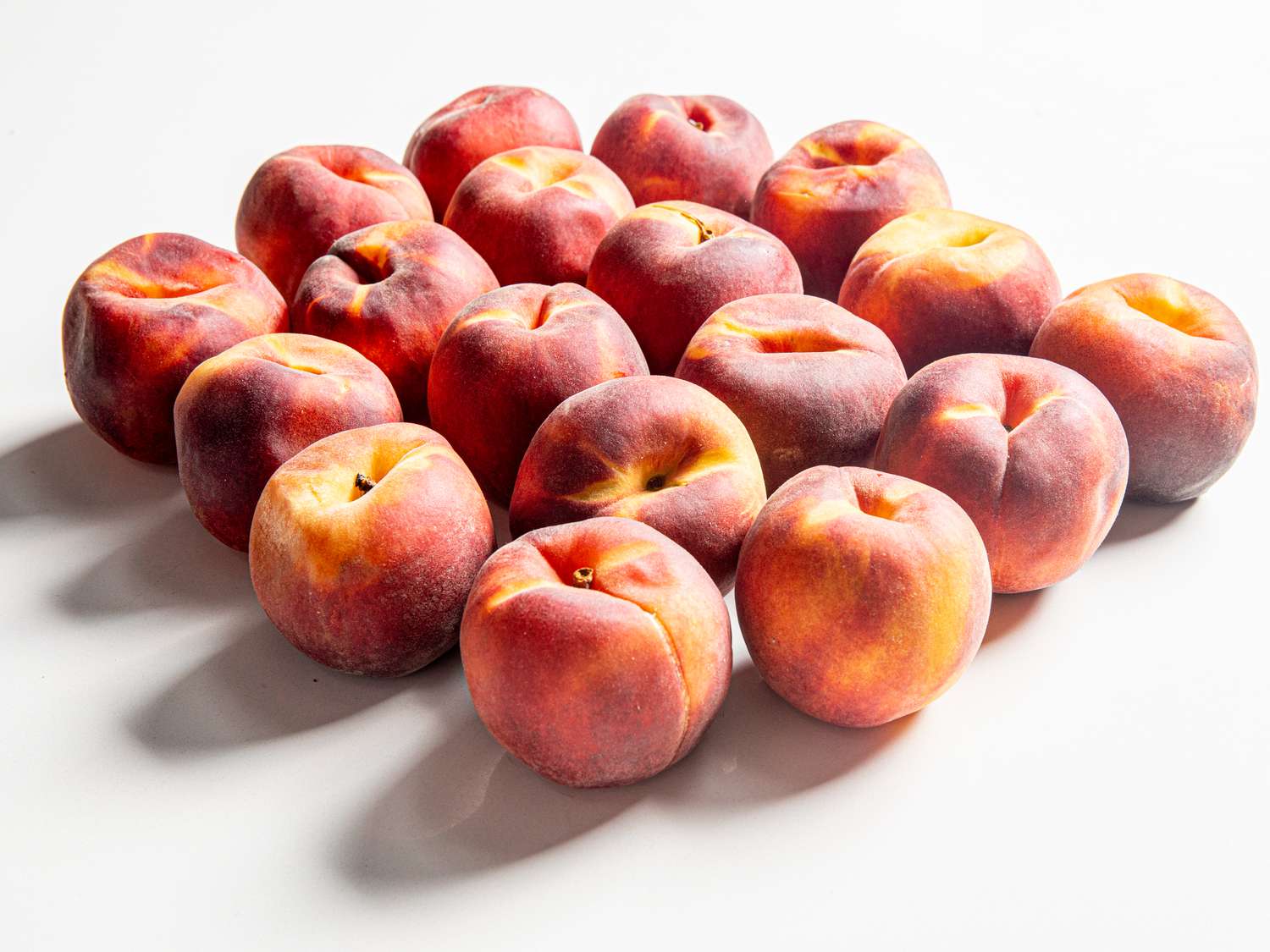
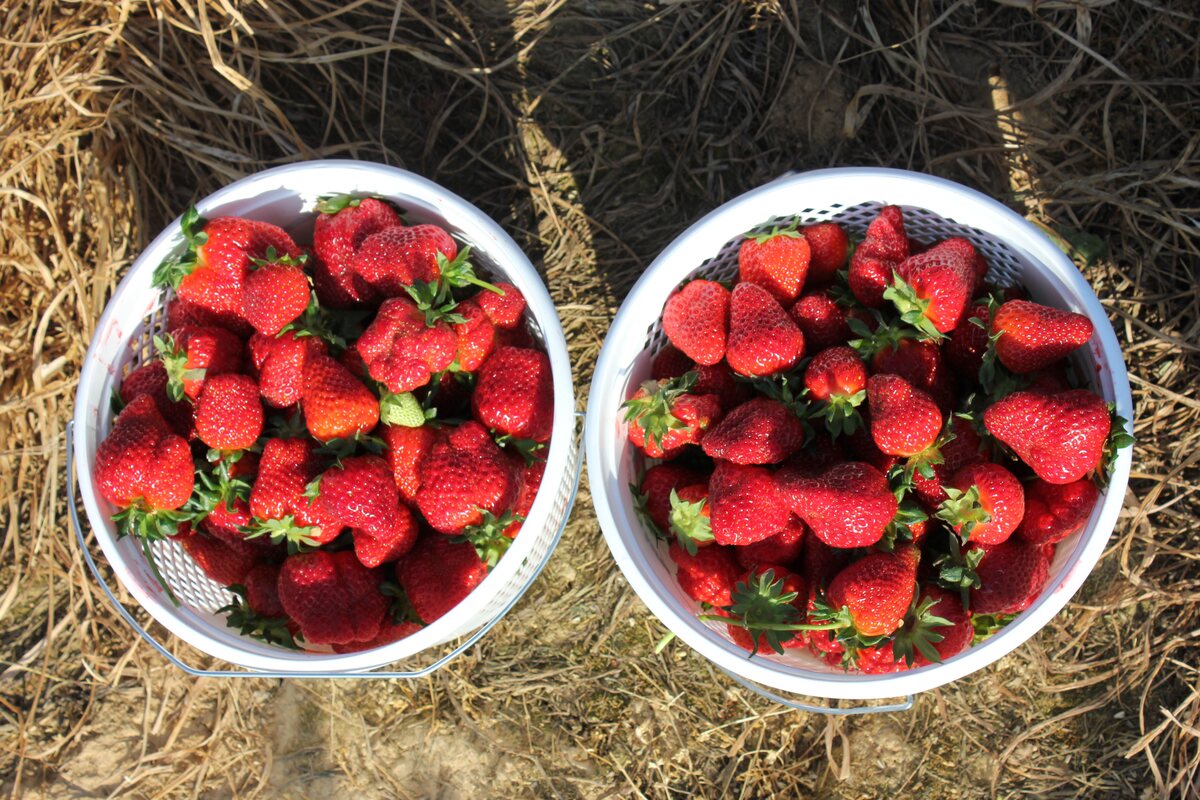
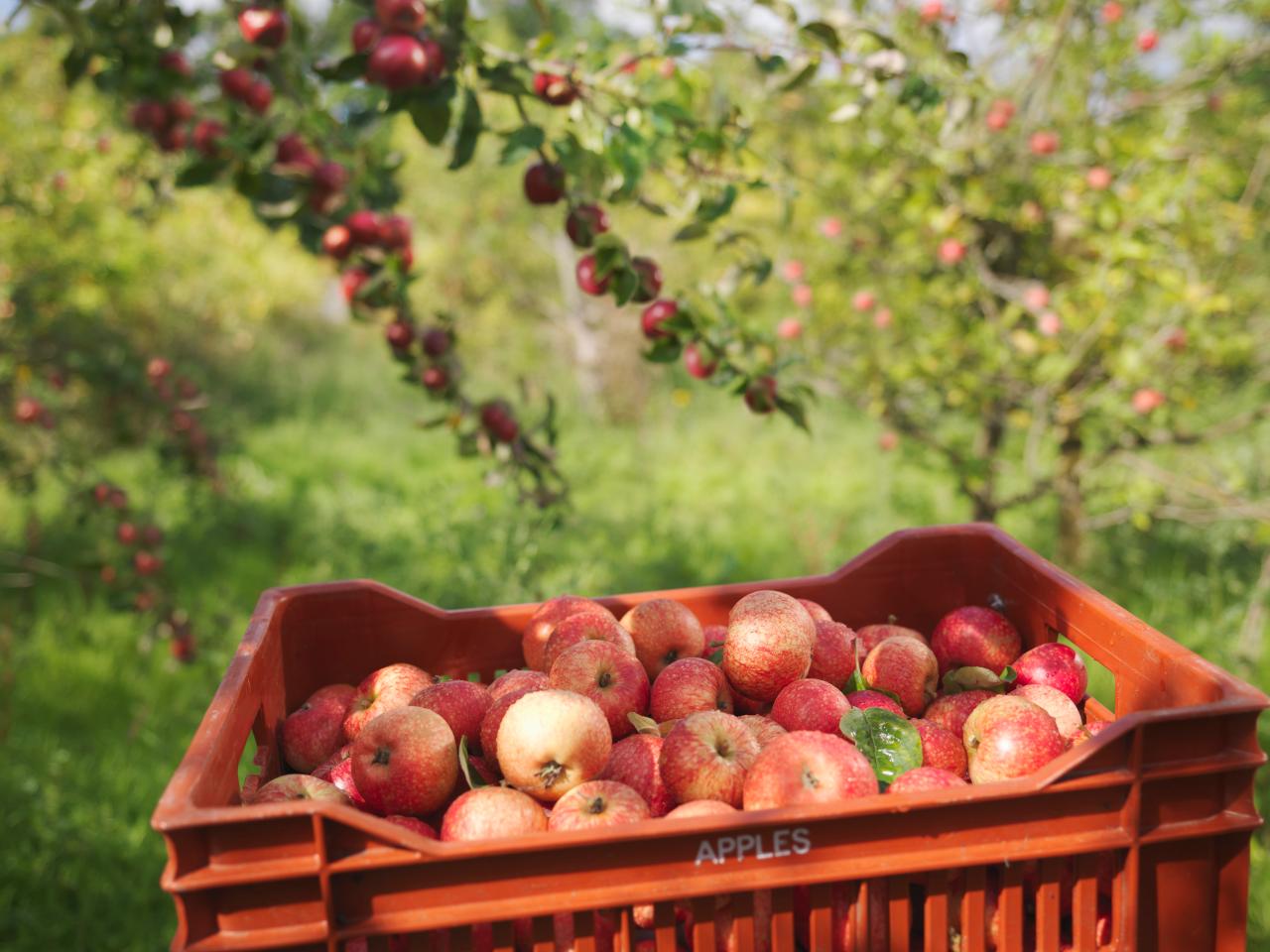
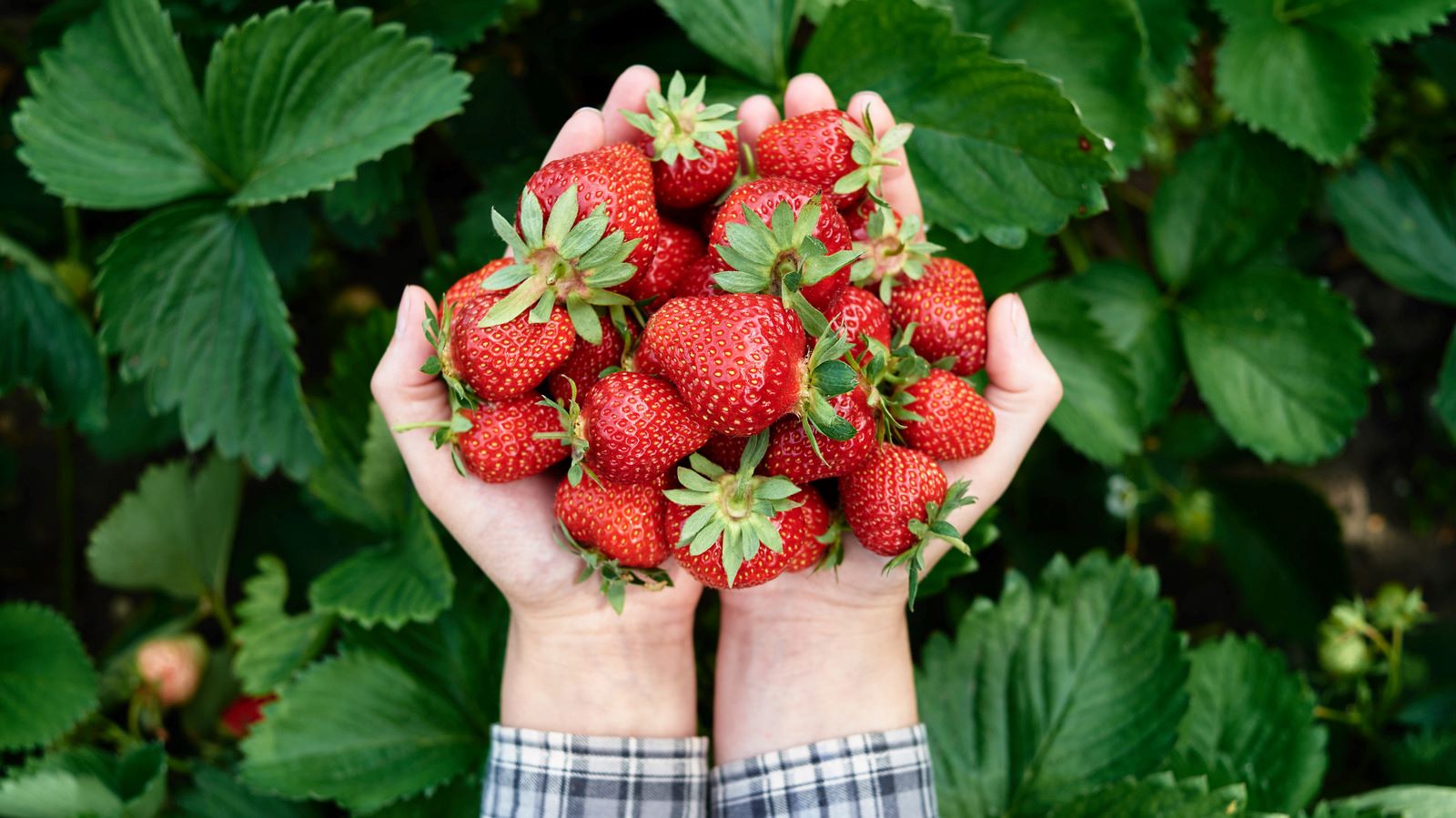
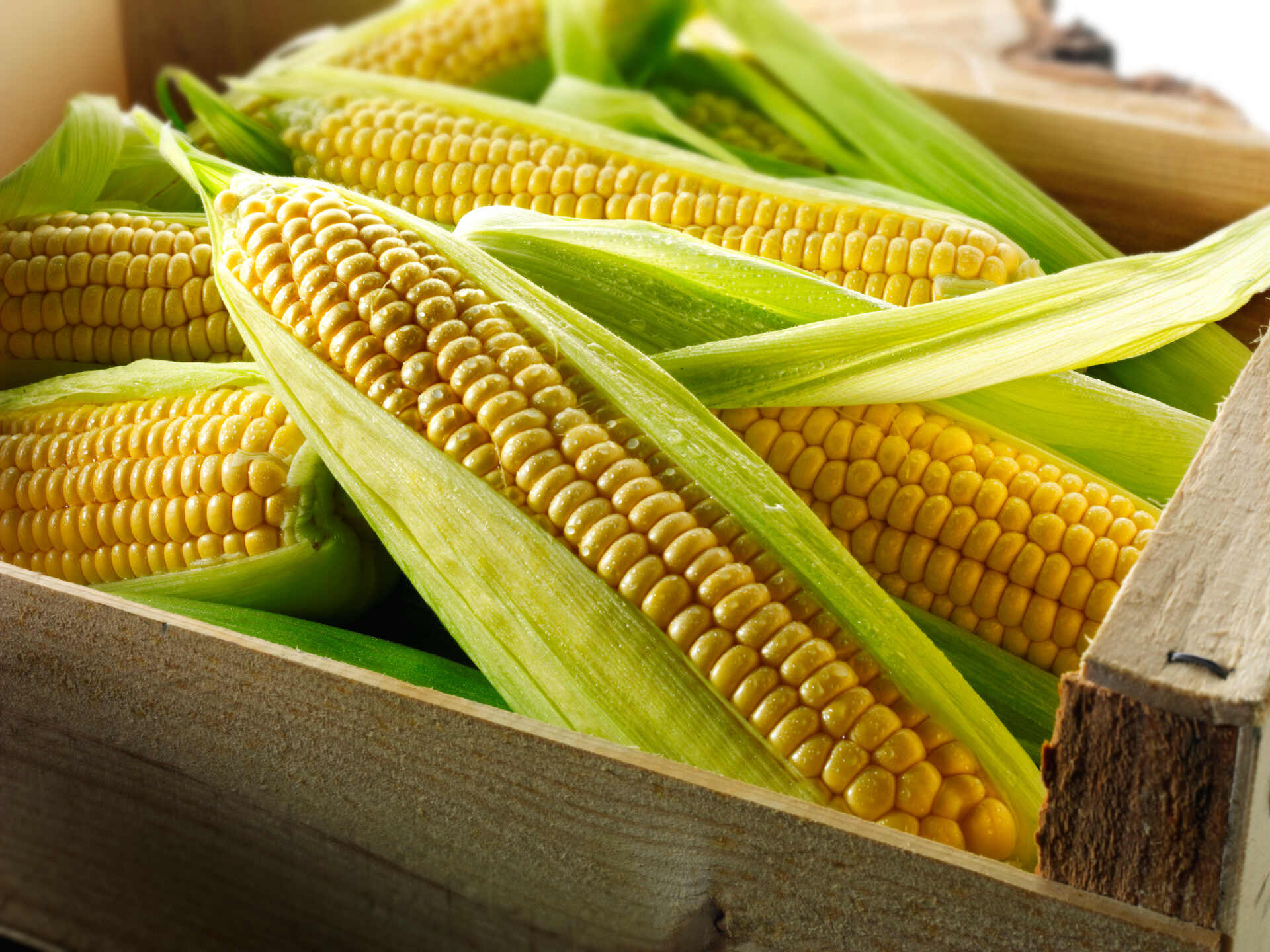
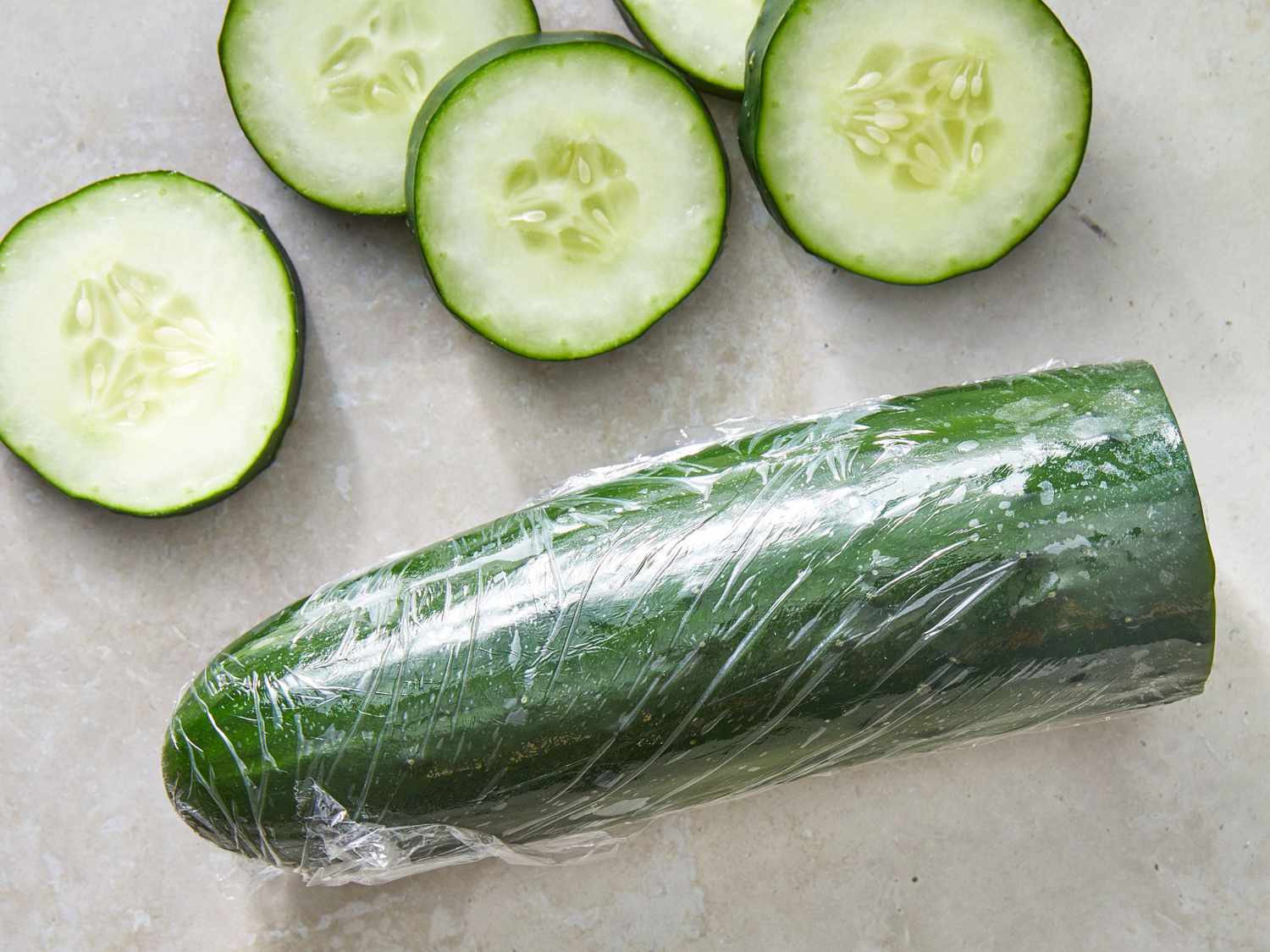
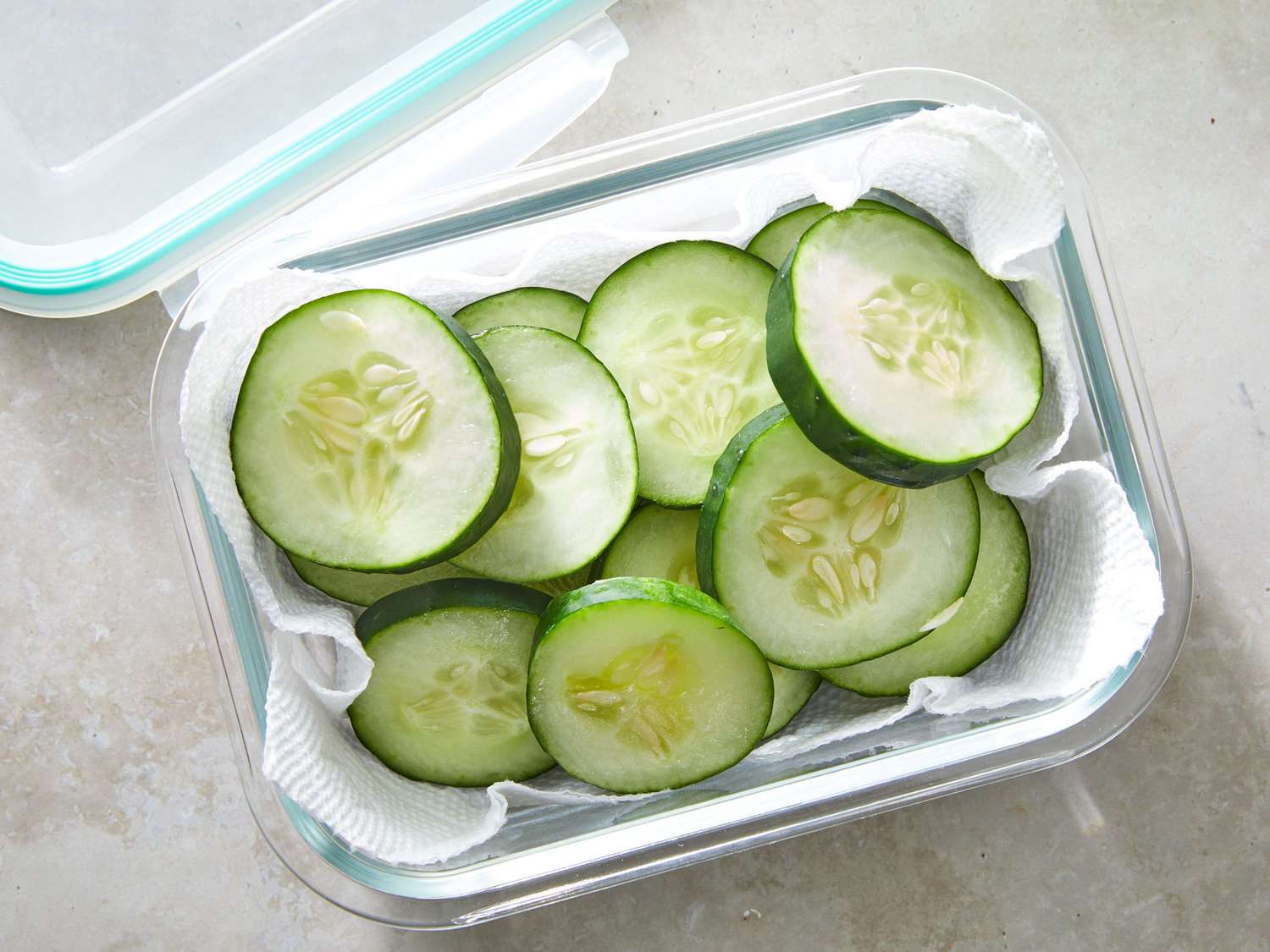
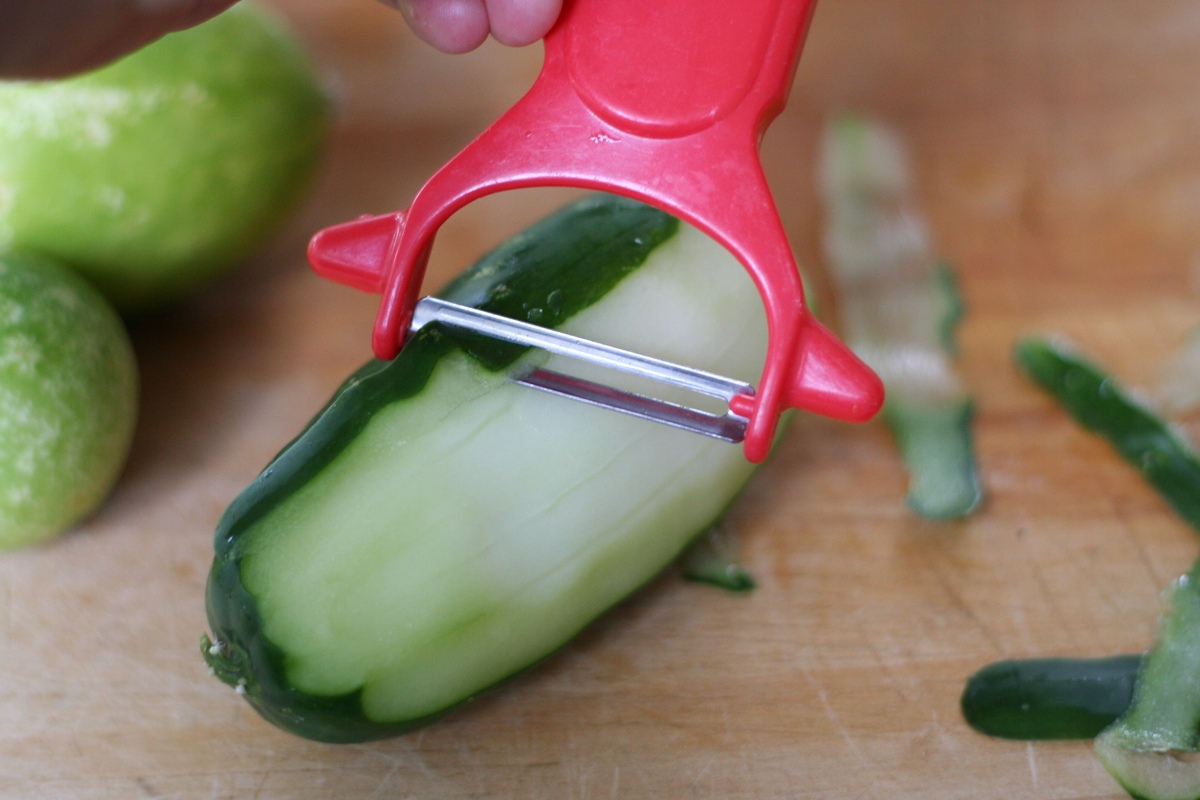
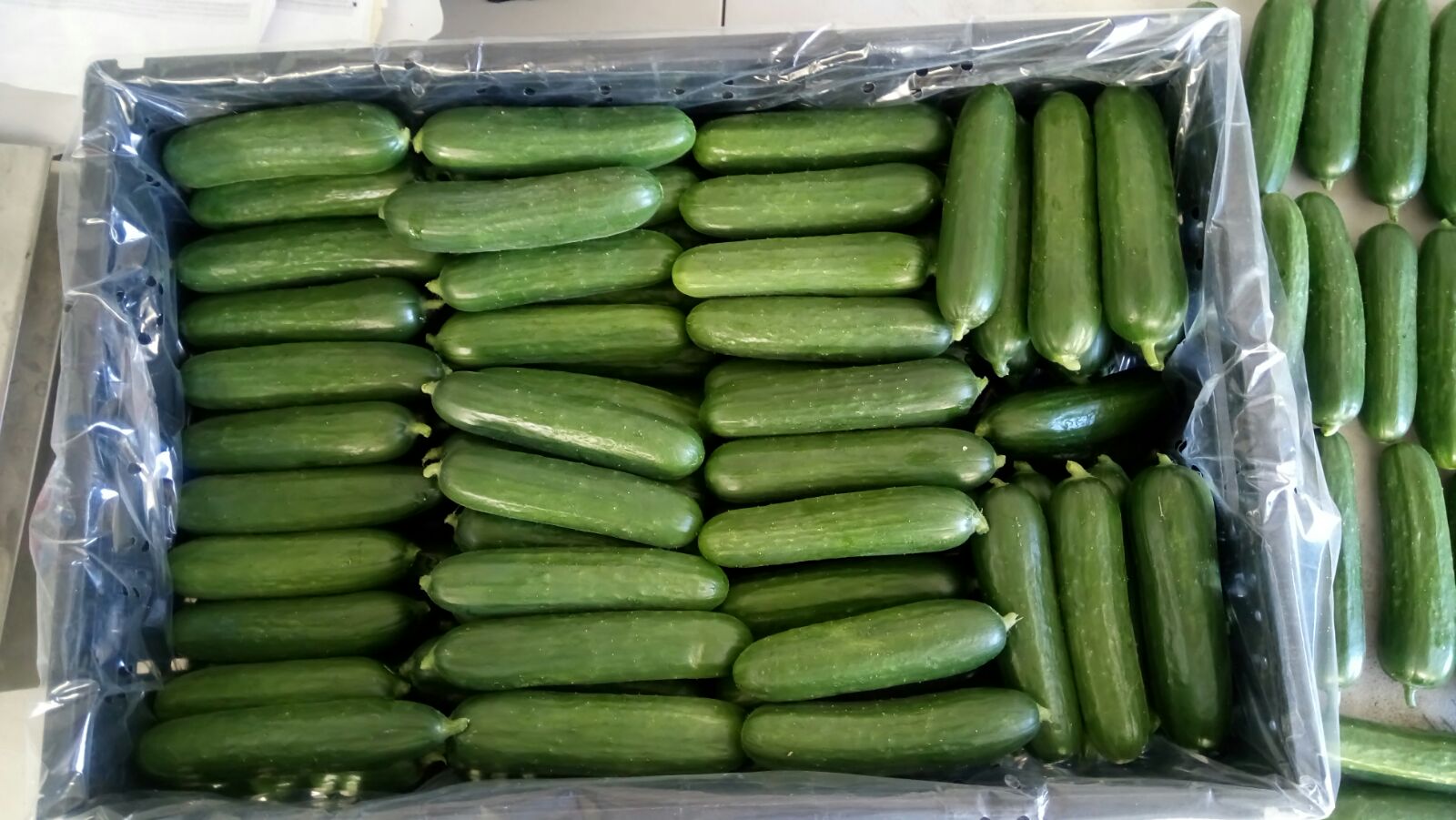
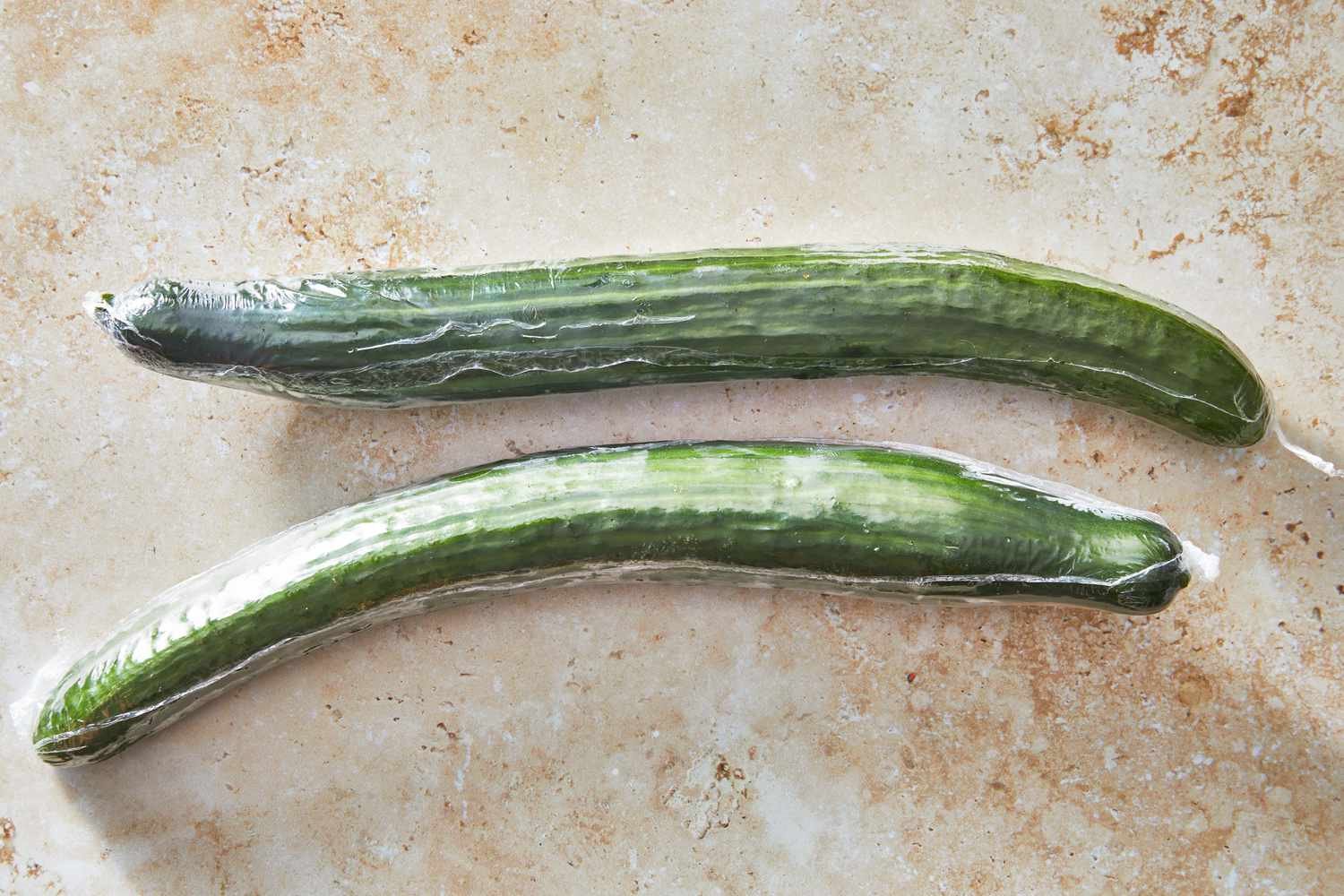
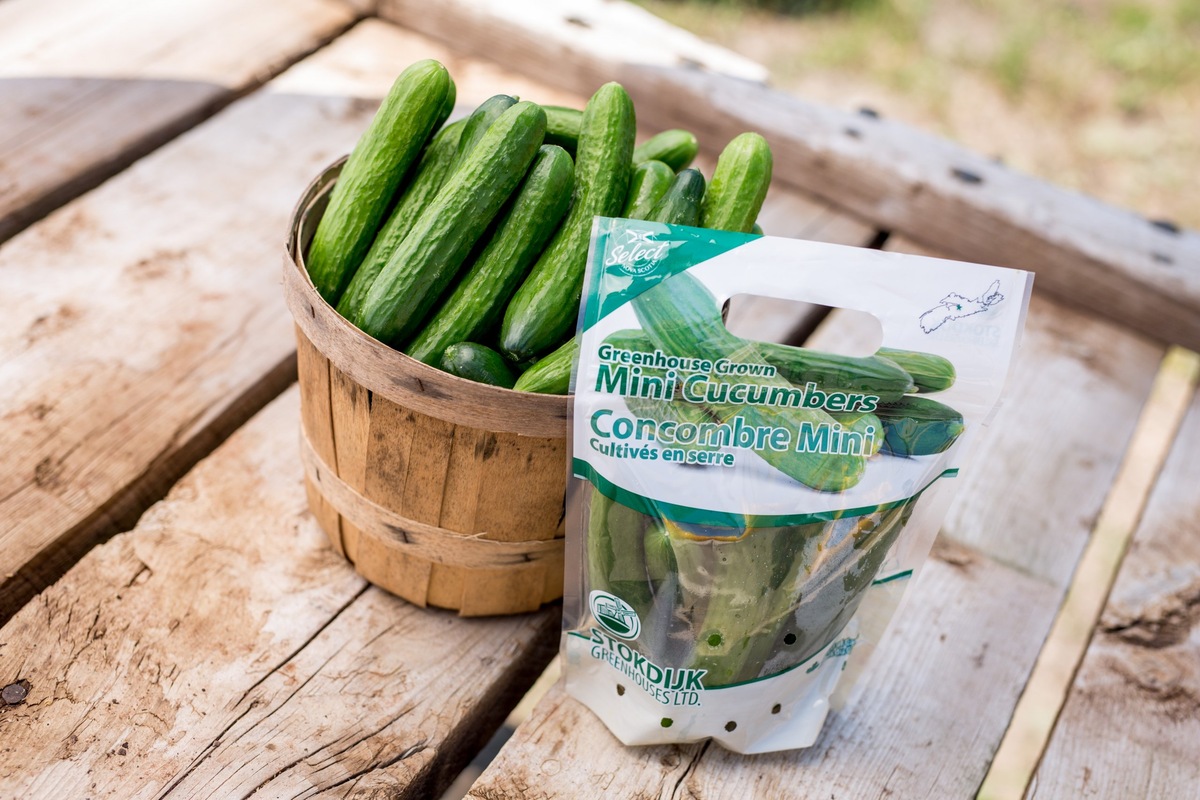
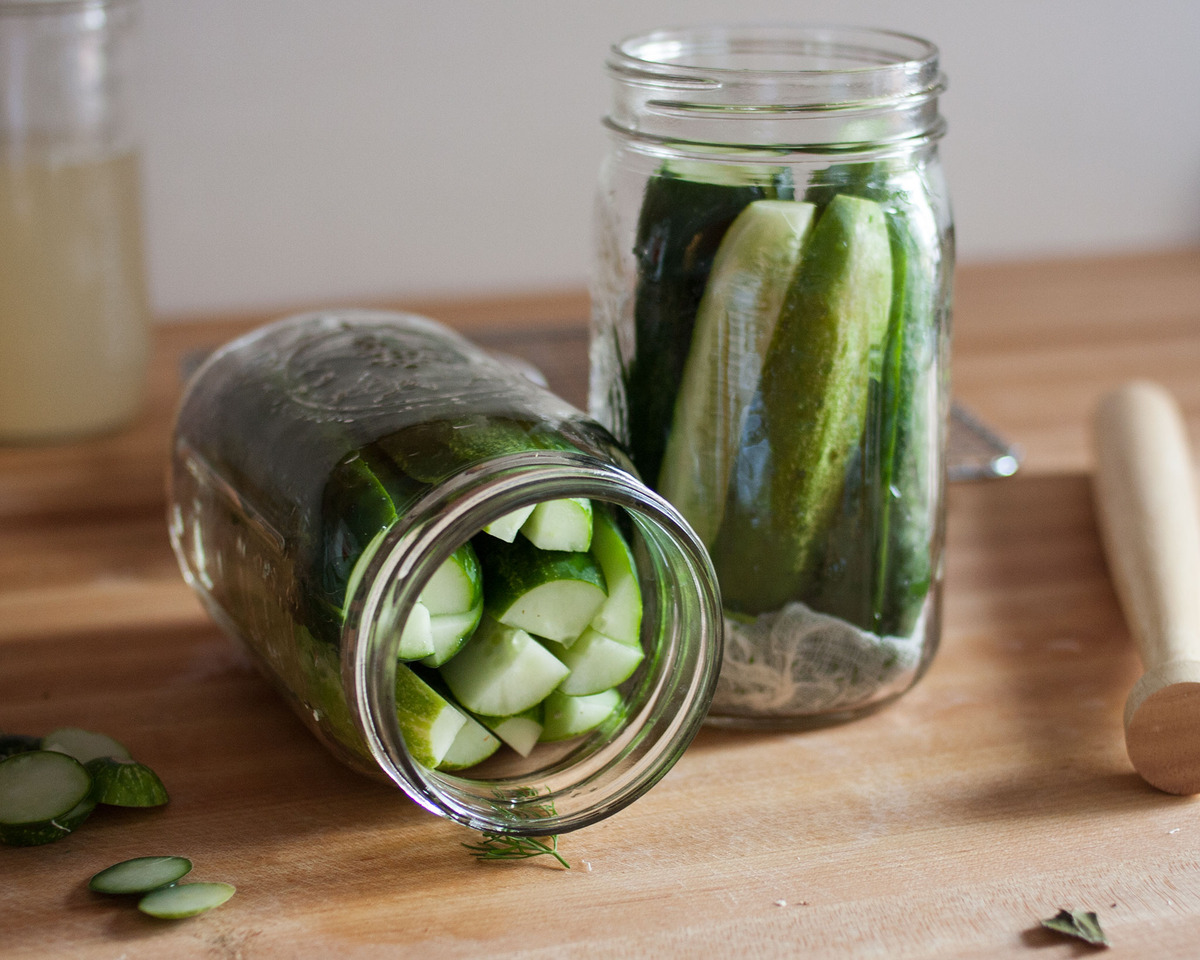
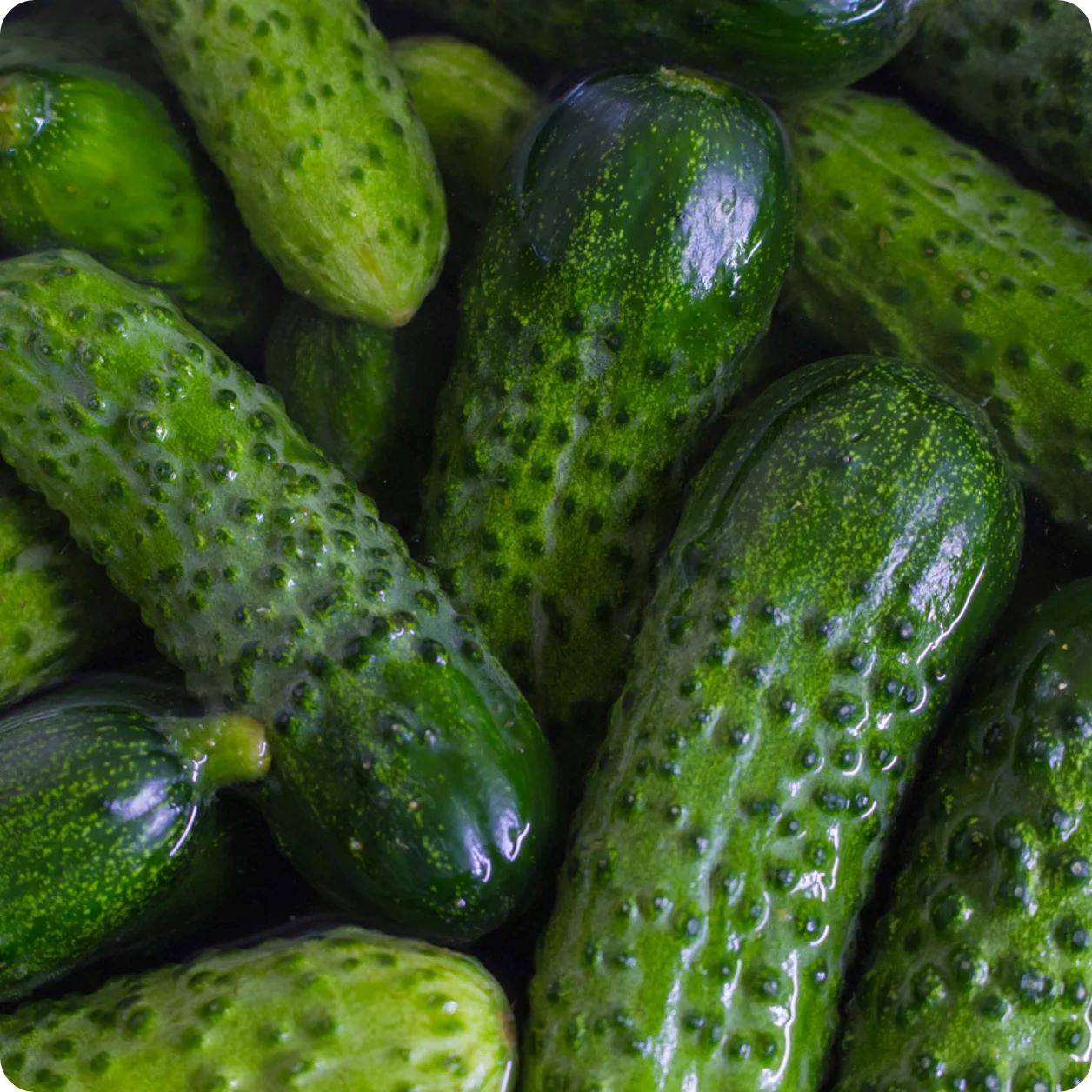

0 thoughts on “How To Store Fresh Picked Cucumbers”